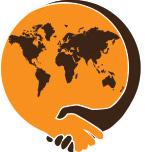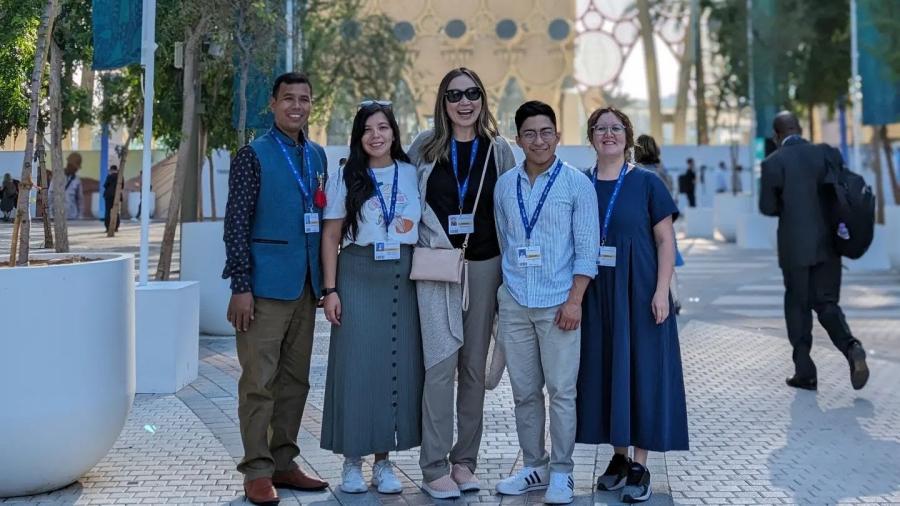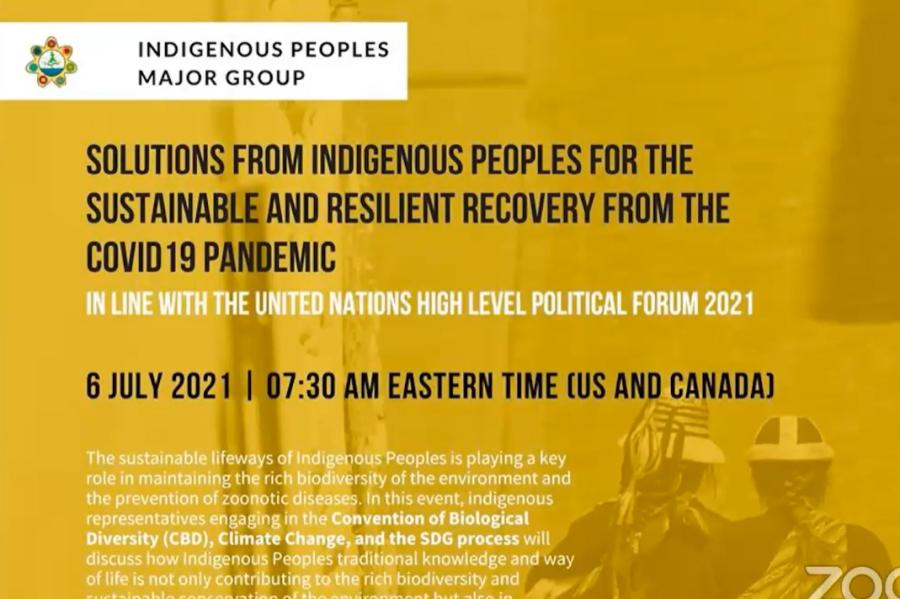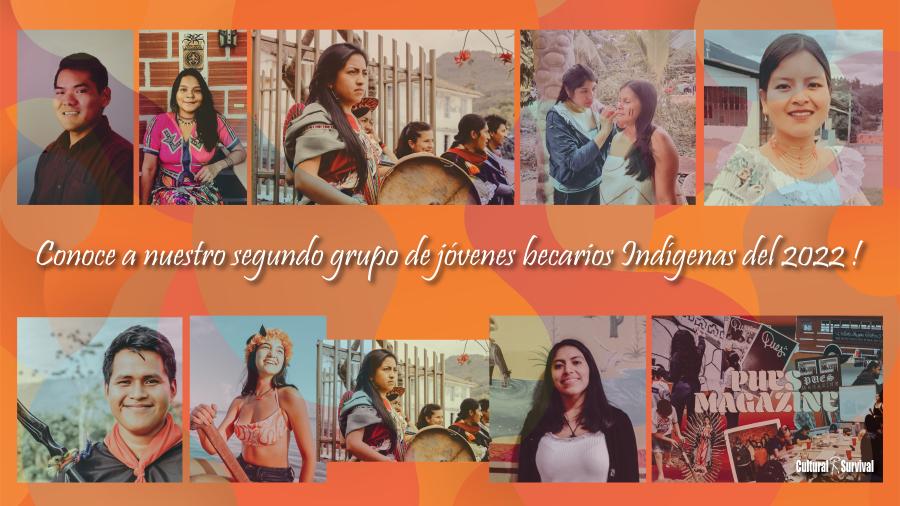
The United Nations General Assembly has put forth a zero draft resolution to be adopted on September 22nd, 2014. The draft outlines the goals and strategies that the World Conference on Indigenous Peoples hopes to achieve and implement.
In this draft, the General Assembly agrees to accept the United Nations Declaration on the Rights of Indigenous Peoples as outlining the minimum standards for the treatment and well-being of Indigenous Peoples across the globe. Key points from the draft include a focus on using the Alta Outcome Document as a guide for future policy-making and encouraging governments to develop national action plans to help implement the United Nations Declaration on the Rights of Indigenous Peoples.
The General Assembly also plans to request that the Secretary-General, Member States, and relevant Stakeholders, develop an action plan revolving around priority areas including the eradication of poverty, violence against Indigenous women and children, the right to communication, inter-culturality of health and eduction, protection of Indigenous livelihoods and occupations, the establishment of national level inter-agency support groups, protection of Indigenous persons with disabilities, good governance and access to justice, and strengthening human rights protection mechanisms.
The appointment of a High Representative for Indigenous Peoples is also proposed, with the aim of raising awareness of the aforementioned action plan and supporting its implementation. This appointment would be paired with the development of review mechanisms and protocols in order to ensure that the private sector upholds principles of good governance in accordance with the standards set out by the United Nations Declaration on the Rights of Indigenous Peoples.
The draft also highlights the importance of traditional knowledge, language, and technologies in the cultural vitality of Indigenous Peoples, pledging to recognize the role that the transmission of traditional knowledge, innovation, and practices plays in ensuring the well-being of Indigenous Peoples and to work in order protect this unique cultural heritage through sustainable development efforts.
Along with committing to protect traditional territories and sacred spaces, the UN General Assembly pledges that member states will also be urged to stop the militarization of Indigenous lands and waters, as well as to embrace free, prior, and informed consent regarding resource extraction from Indigenous territories.
The resolution contains commitments to providing Indigenous Peoples with high-quality education, housing, and healthcare, in conjunction with securing resources to support local and diverse economies that allow for traditional subsistence and food security,
The General Assembly also plans to propose the Third International Decade of the World’s Indigenous Peoples, set to commence on January 1st, 2015. The theme of this period would be international cooperation in the ongoing effort to implement and protect the rights of Indigenous Peoples. In addition, a specific focus on Indigenous Peoples in the General Assembly’s final report on the achievement of the millennium development goals will be requested.



